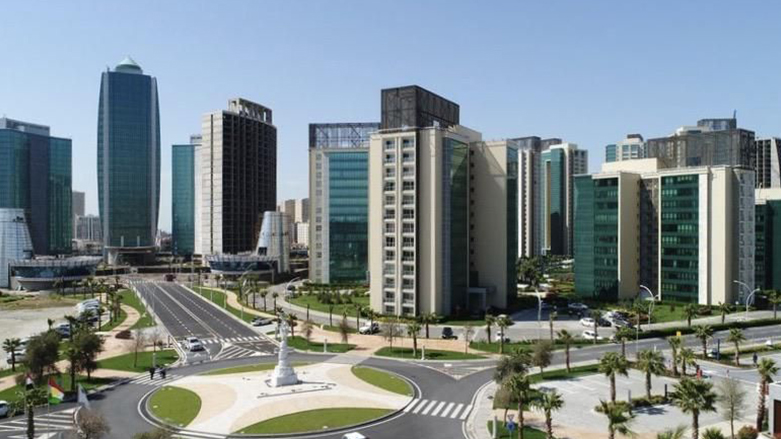KRG releases guide on investment landscape in Kurdistan
"We want to create high quality jobs that are sustainable for the long term. And we know that in order to do that, we need to make it as easy as possible for investors to come to the region and to grow their investments."

ERBIL (Kurdistan 24) – An investment guide detailing the areas of opportunities and the investment landscape in Kurdistan is the latest step the regional government is taking in a campaign to attract foreign investors to the autonomous region.
The 77-page guide lists areas of investment and up-to-date official figures on government spending in various sectors of the economy, ranging from the food and medicine industries to housing and construction.
The document presents a brief profile of the Kurdish autonomous region of Iraq. It also dedicates chapters to investment opportunities in each sector in the region.
The guide opens with a statement from Kurdistan Region prime minister Masrour Barzani.
"We know that when investors look to new markets, the first thing they want to know is – is there an opportunity? And can I access that opportunity?."
"I am confident that we can answer yes to both of those questions," Barzani adds.
The prime minister affirms his government's support for investors looking to work in the Kurdistan Region.
"Very simply, we know that our success depends on your success. My Government is committed to enabling the growth of the private sector and diversifying our economy away from a reliance on oil and gas."
"We want to create high quality jobs that are sustainable for the long term. And we know that in order to do that, we need to make it as easy as possible for investors to come to the region and to grow their investments."
The investment-friendly Law No. 4 of 2006 of the KRG is believed to be behind the boom in investment projects following the fall of the Saddam Hussien regime in 2003.
An investment project “is exempt from all taxes and non-customs fees for a period of ten years,” according to the law.
Any raw material that an investment project requires and is not available in the region is exempted from “customs fees” for five years, the law states.